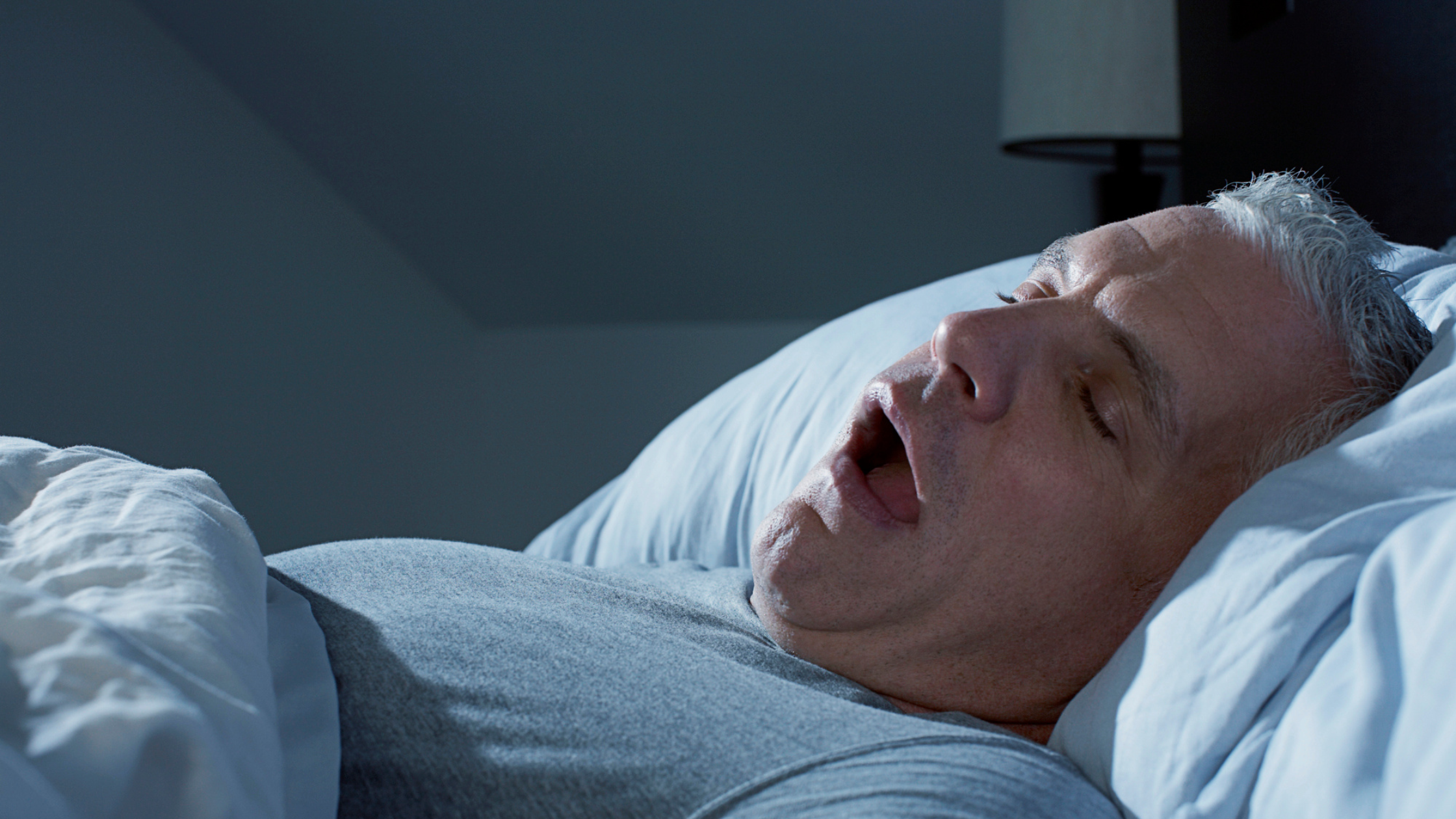Sleep is essential for brain health, yet conditions like sleep apnea can significantly increase the risk of stroke. Sleep apnea is a disorder where breathing repeatedly stops and starts during sleep, reducing oxygen supply to the brain and putting immense strain on the cardiovascular system. Studies have shown a strong correlation between sleep apnea and stroke, making it a crucial factor in both prevention and recovery.
Sleep Changes After a Stroke: What to Know and How to Cope
Posted by
Darian Dozier on May 8, 2025 8:00:00 AM
A stroke is a life-altering event that impacts both the brain and the body, often leading to significant changes in daily routines and overall well-being. One common yet often overlooked consequence of a stroke is its effect on sleep. Many stroke survivors experience changes in their sleep patterns, which can influence recovery, mood, and quality of life. Understanding these changes and learning how to manage them is an essential step in the recovery process.
0 Comments Click here to read/write comments
Topics:
elderly sleep,
stroke and sleep


